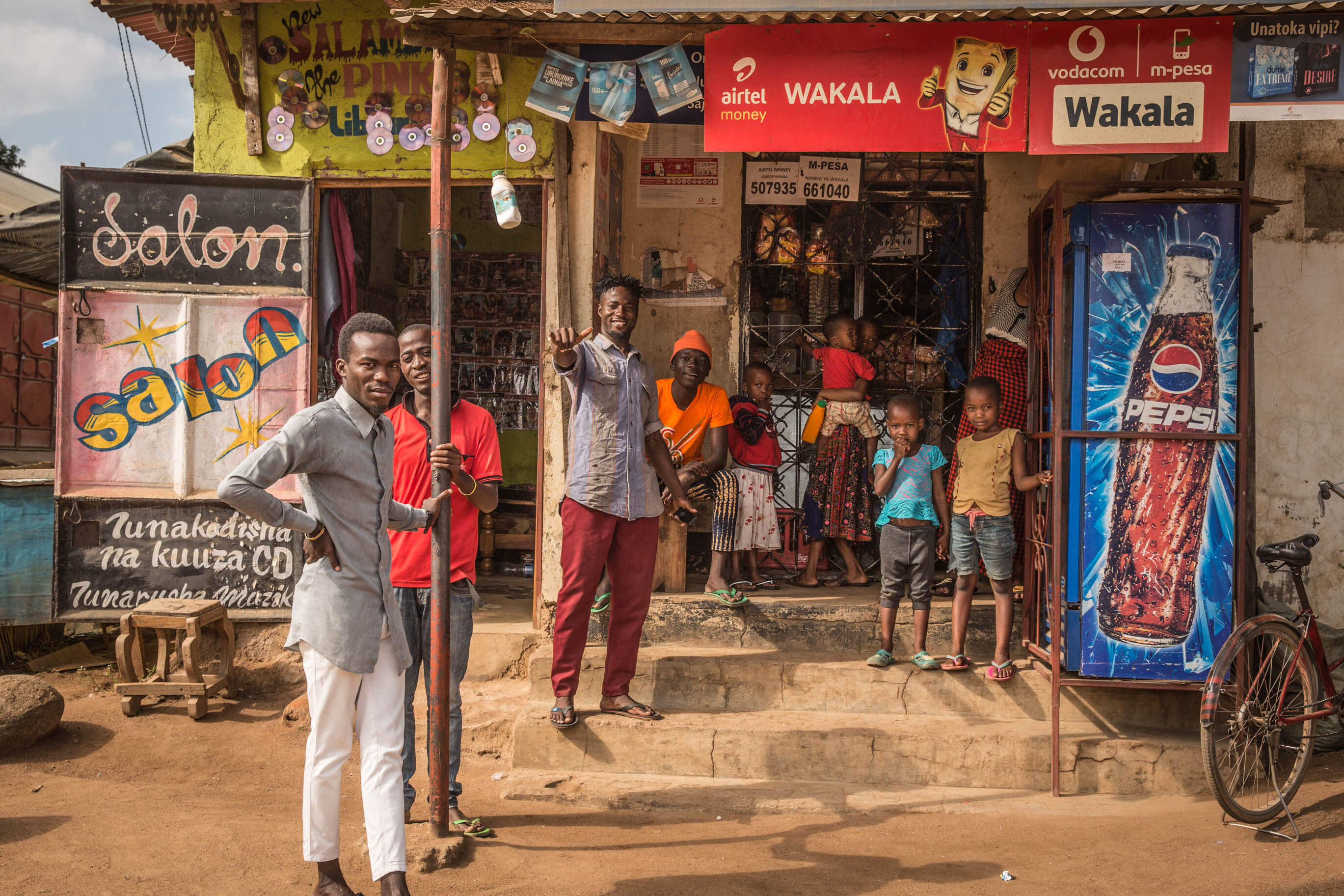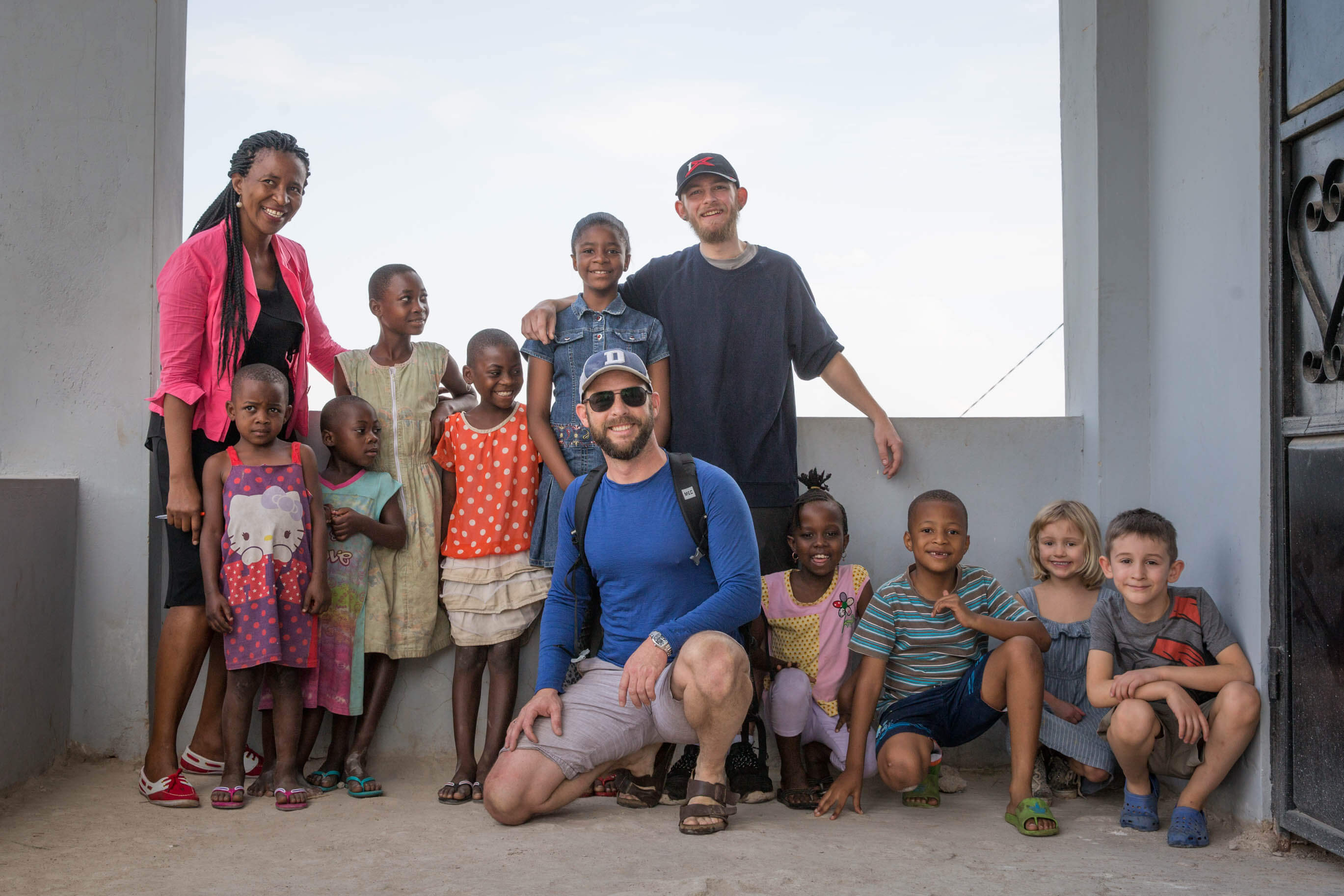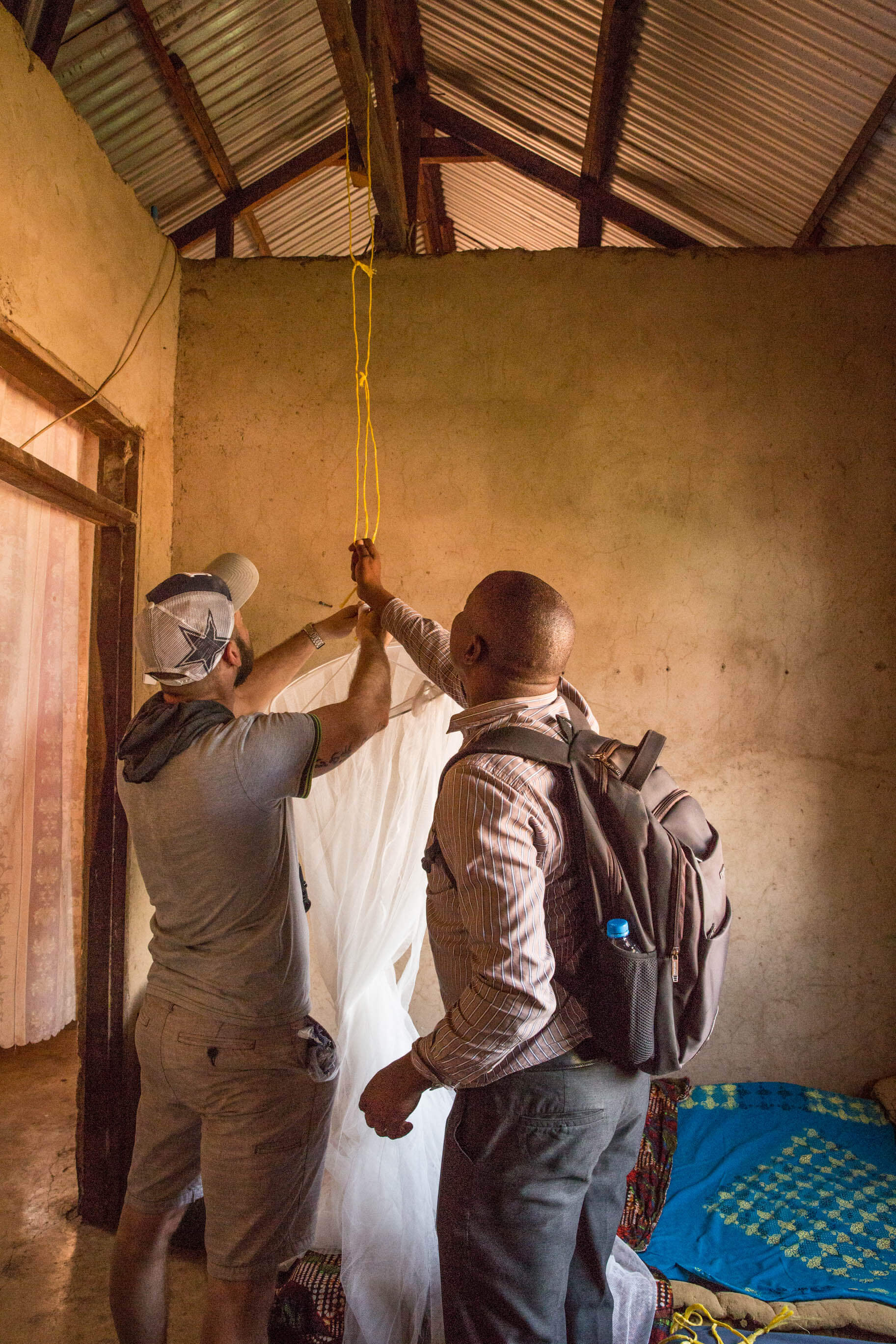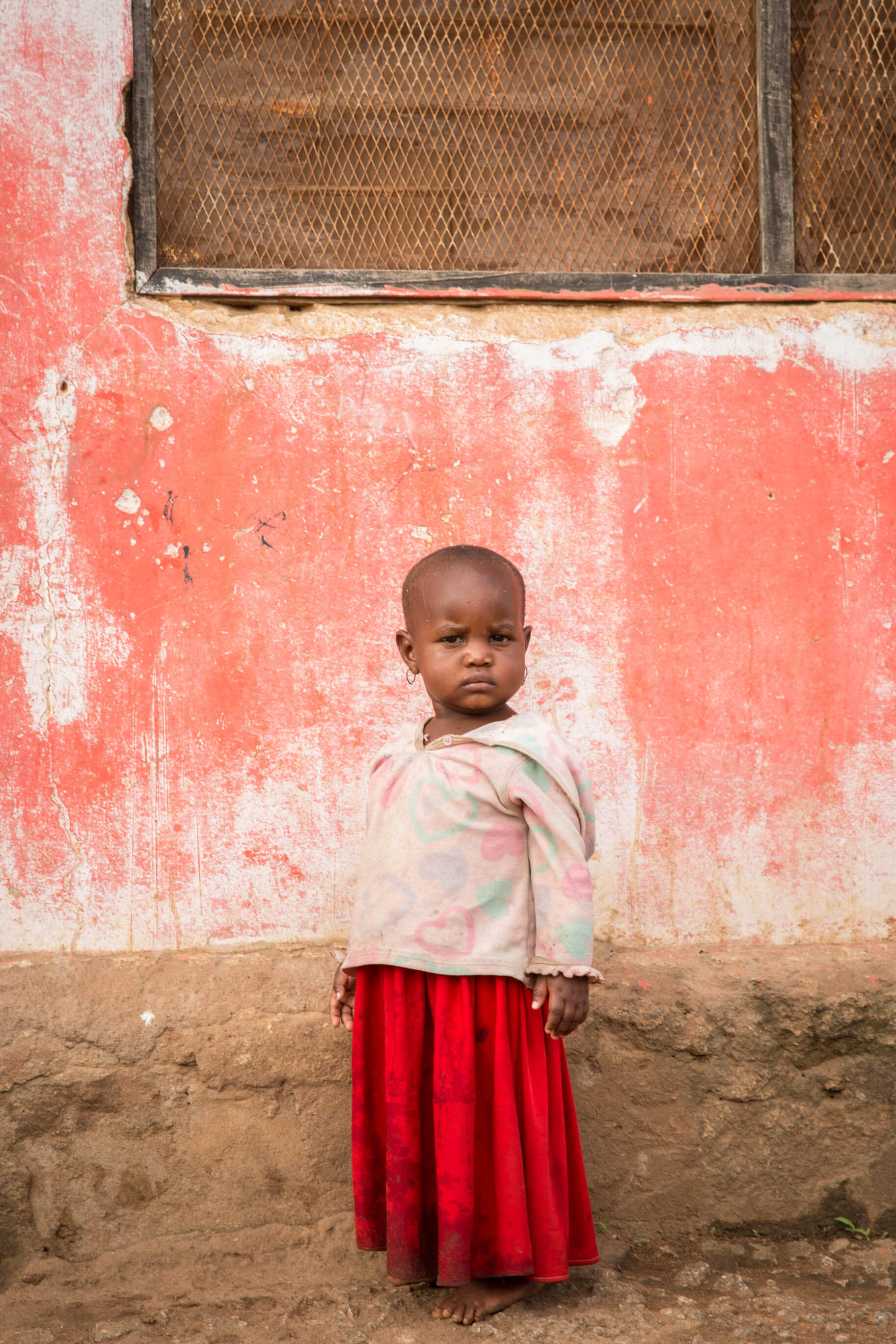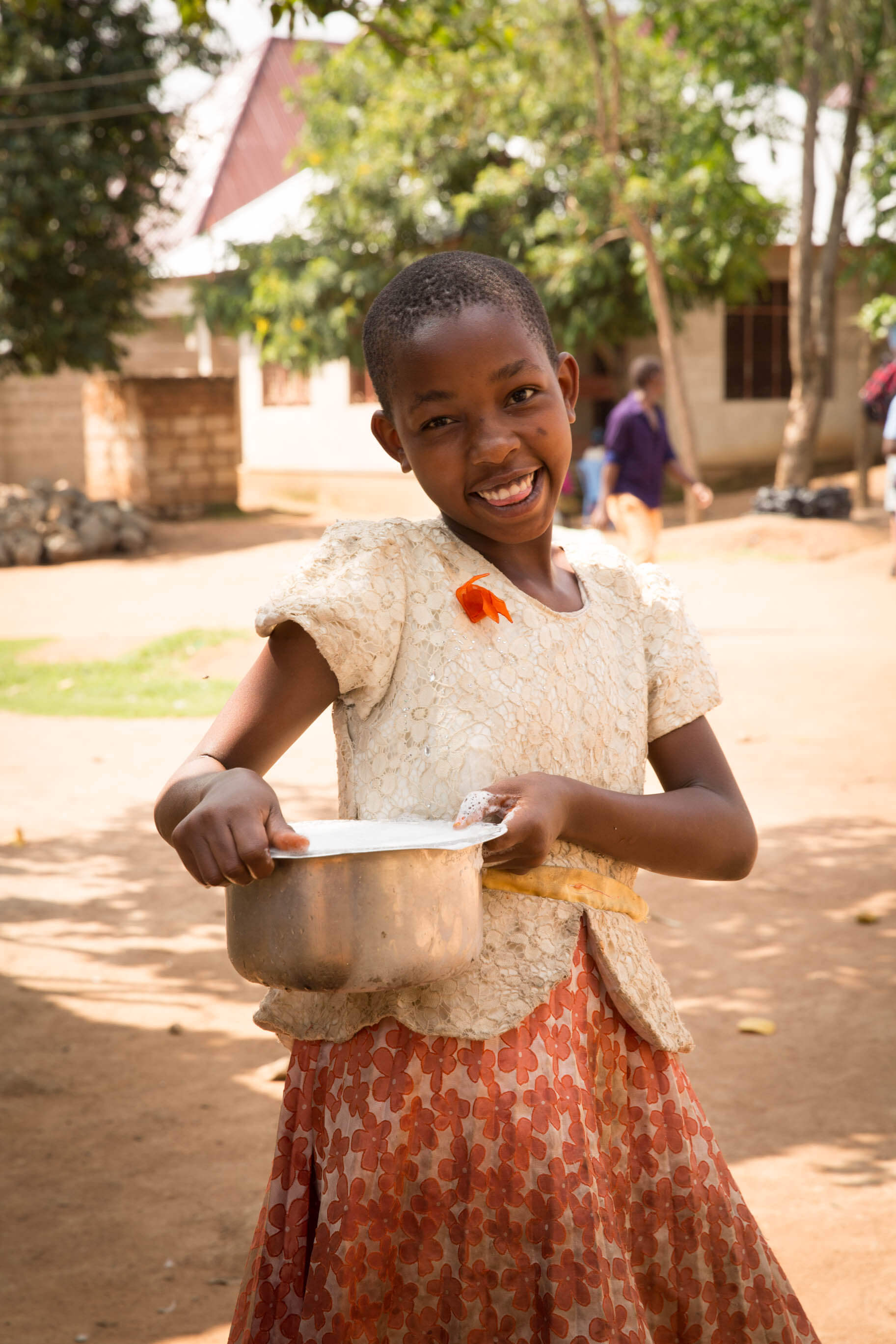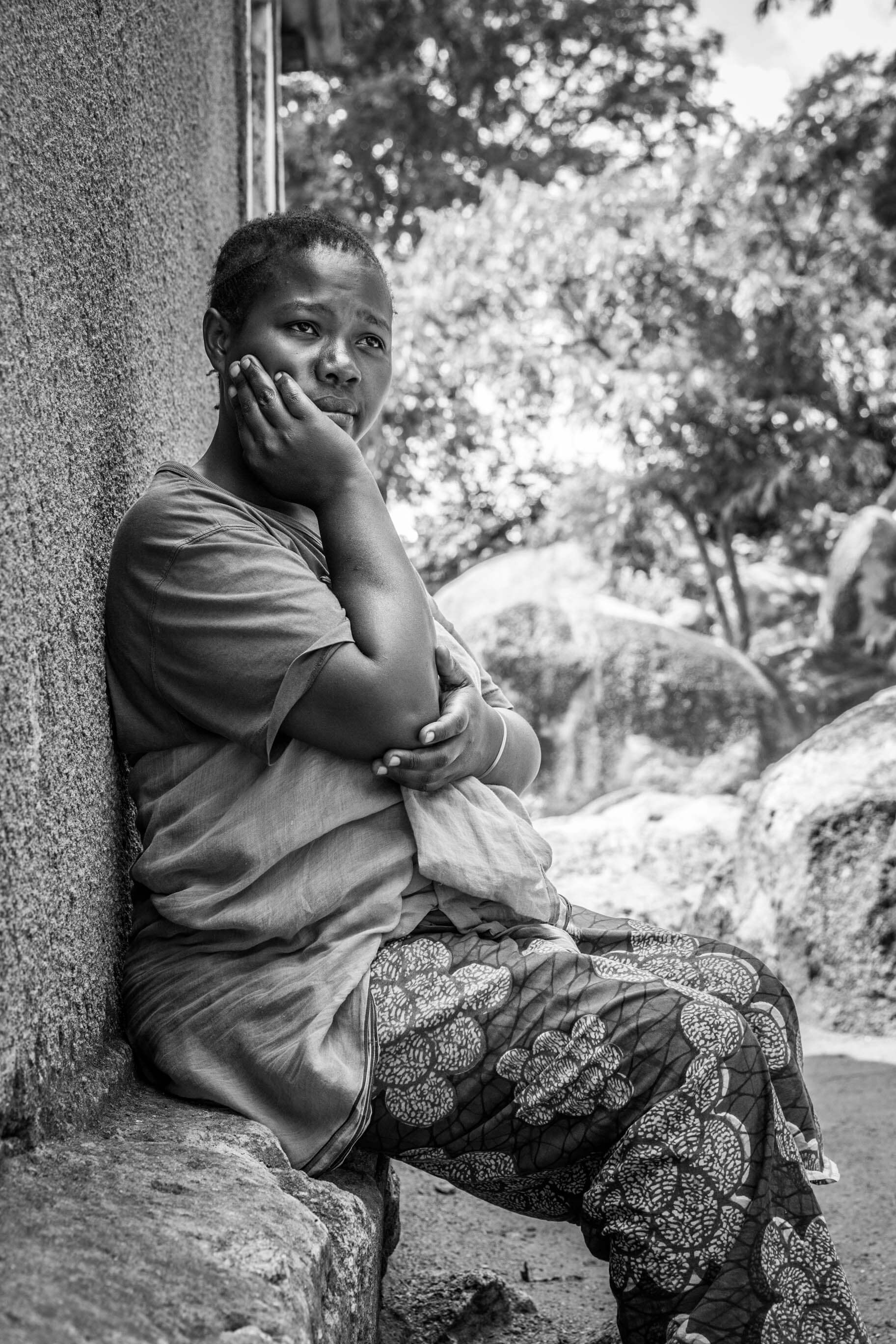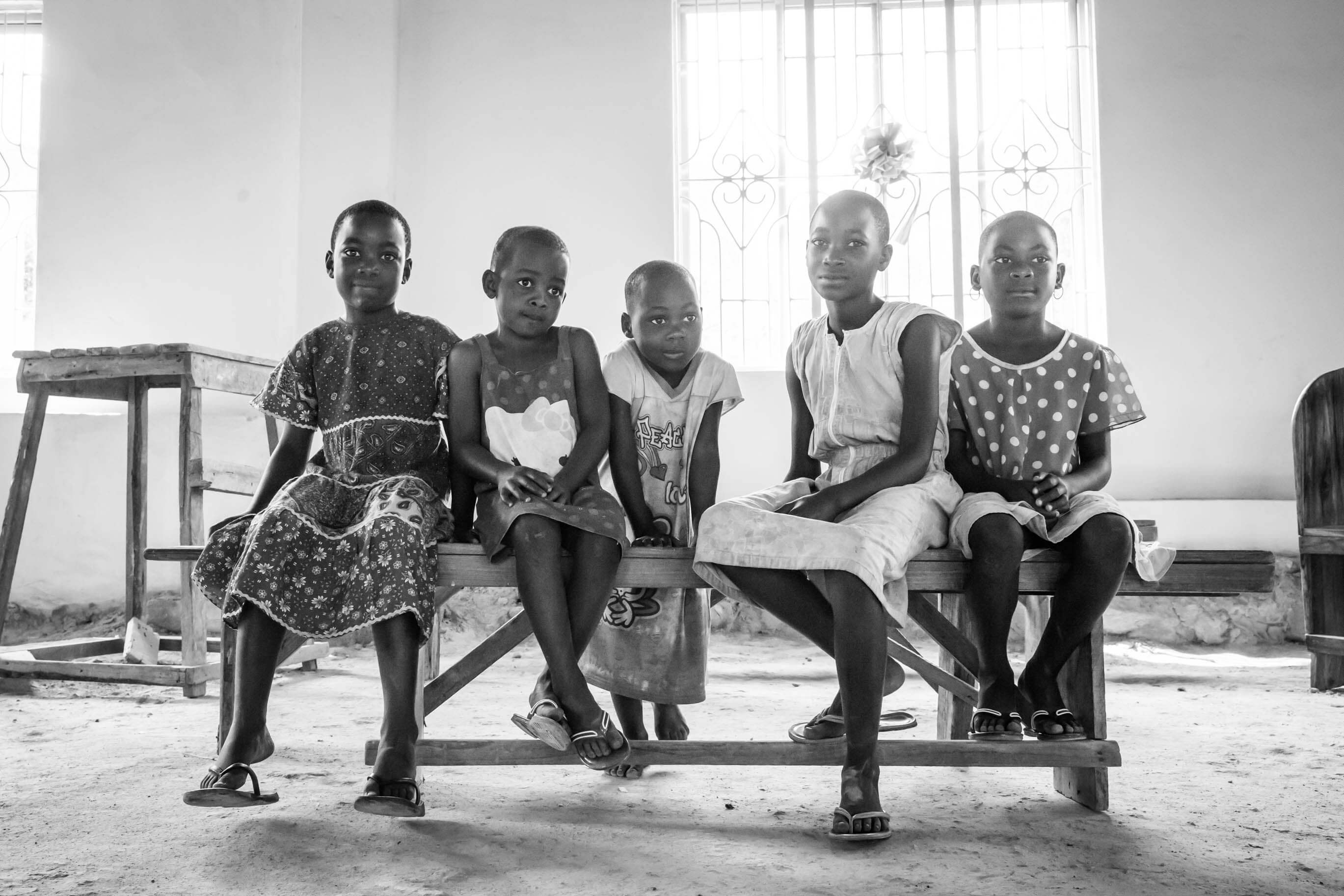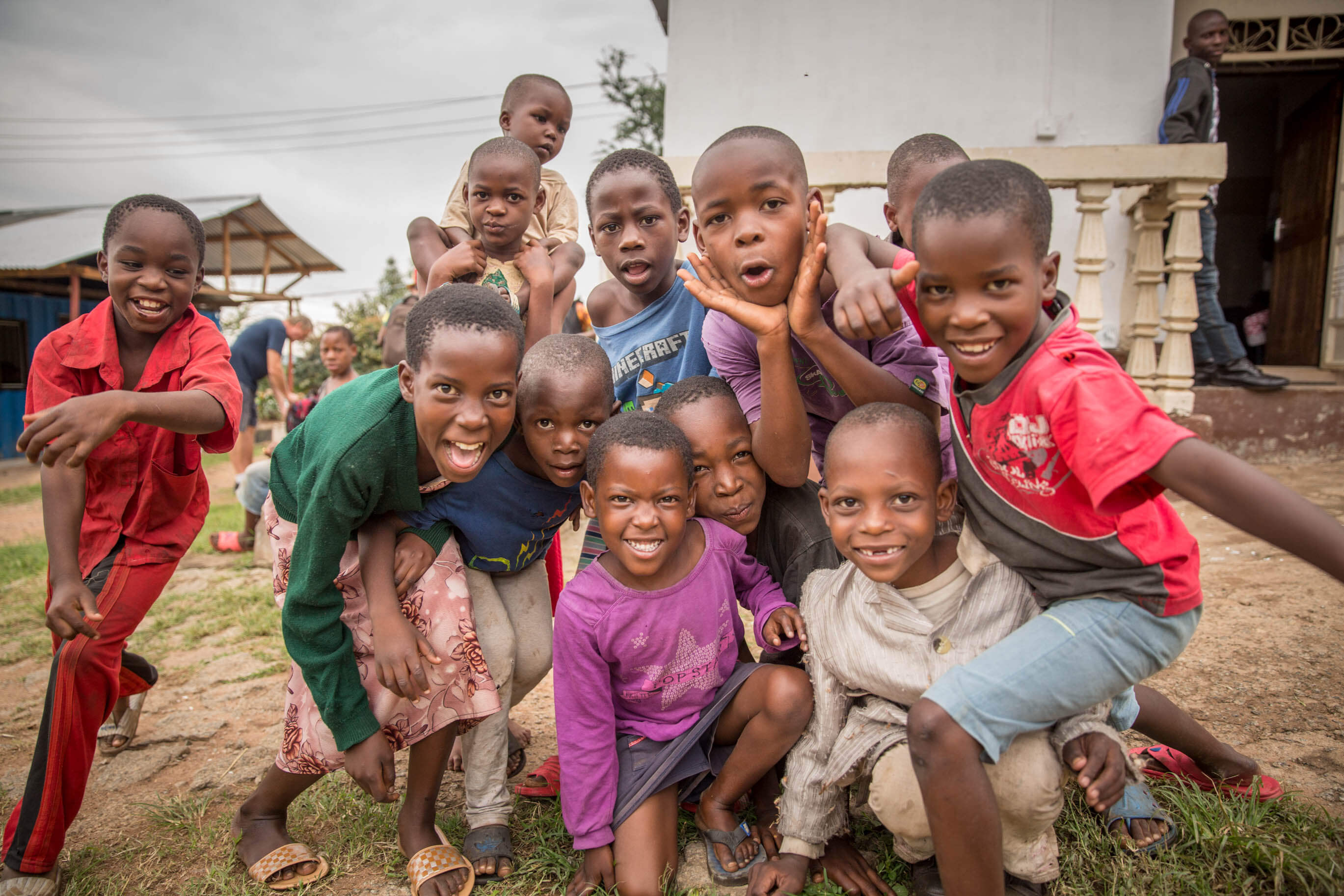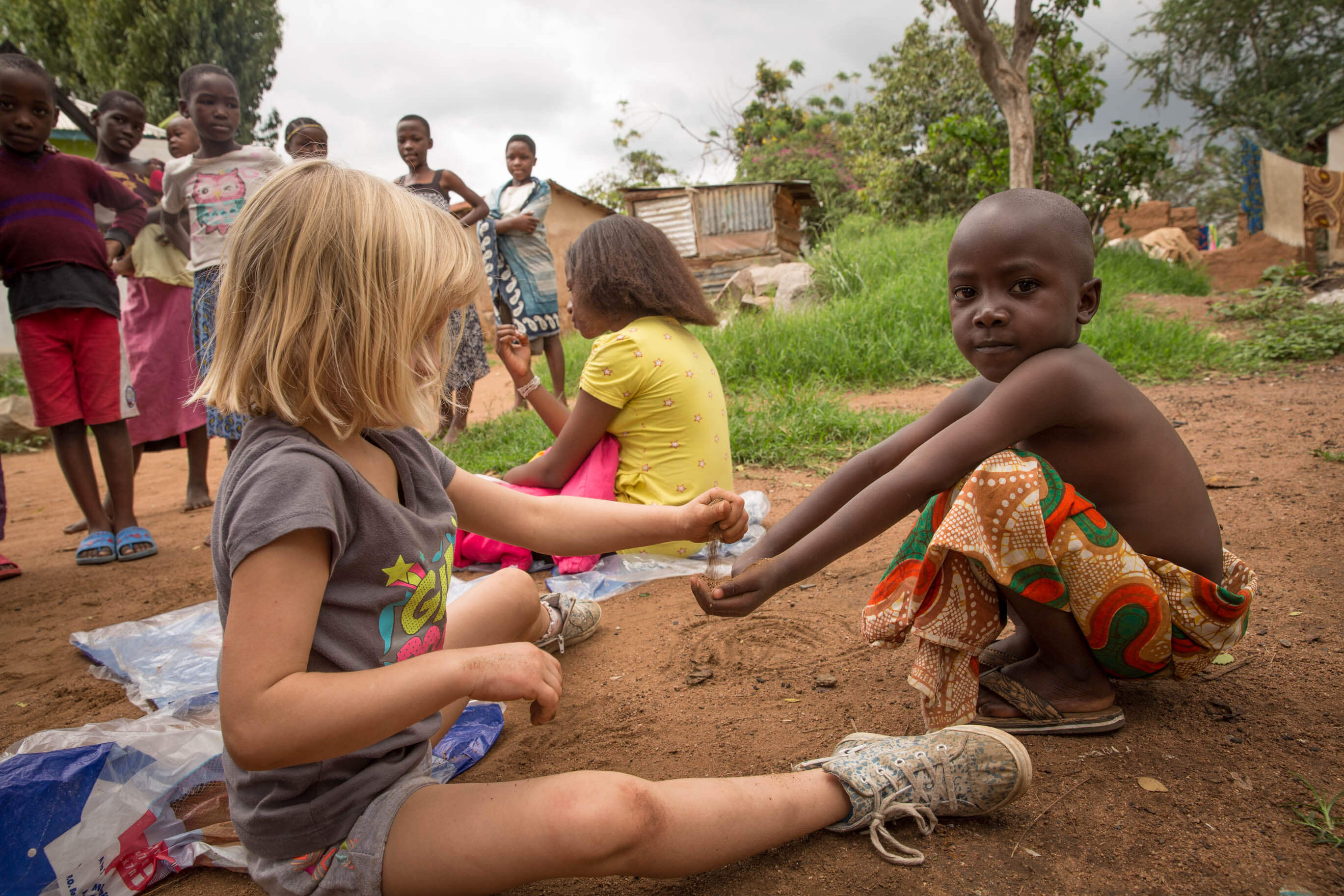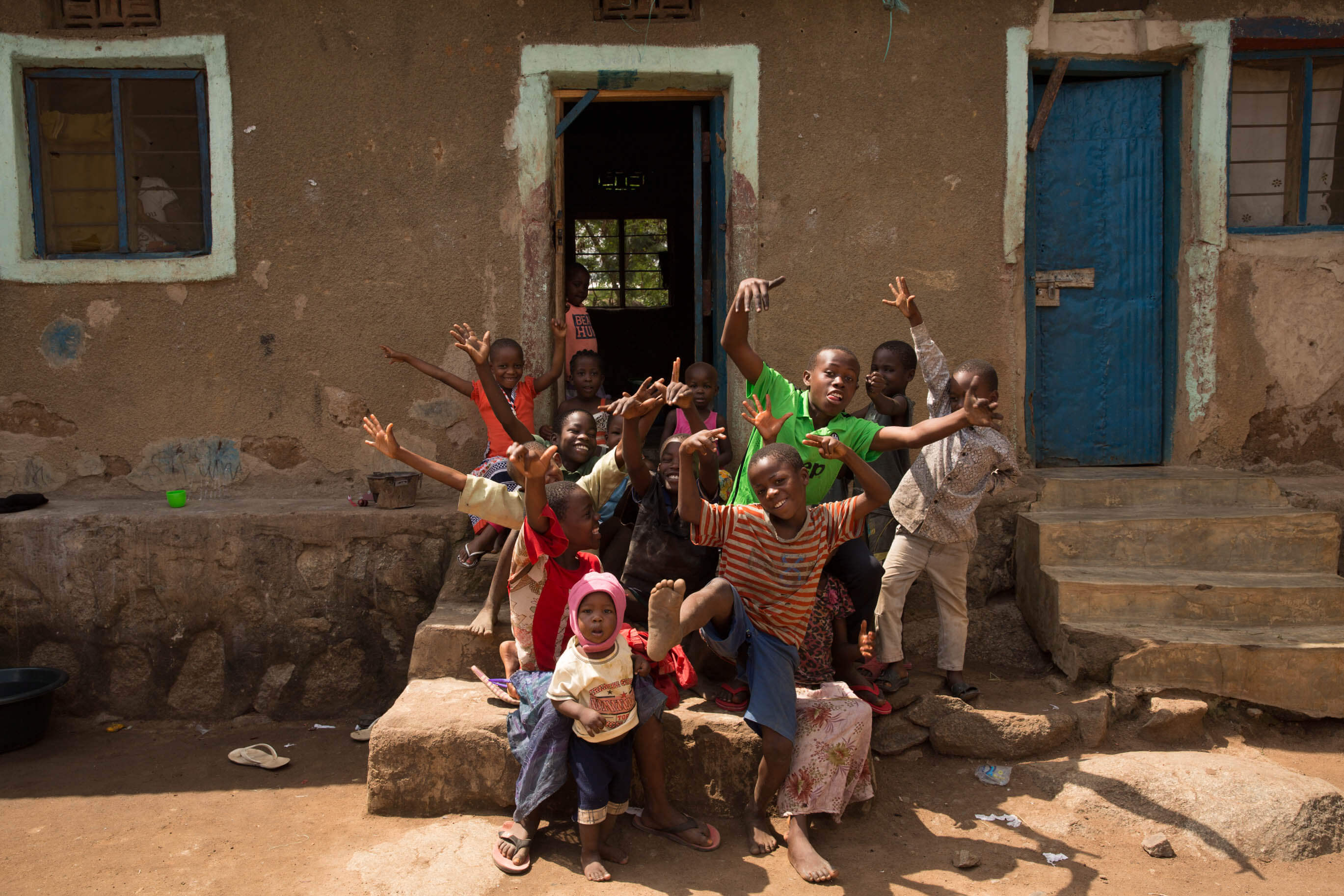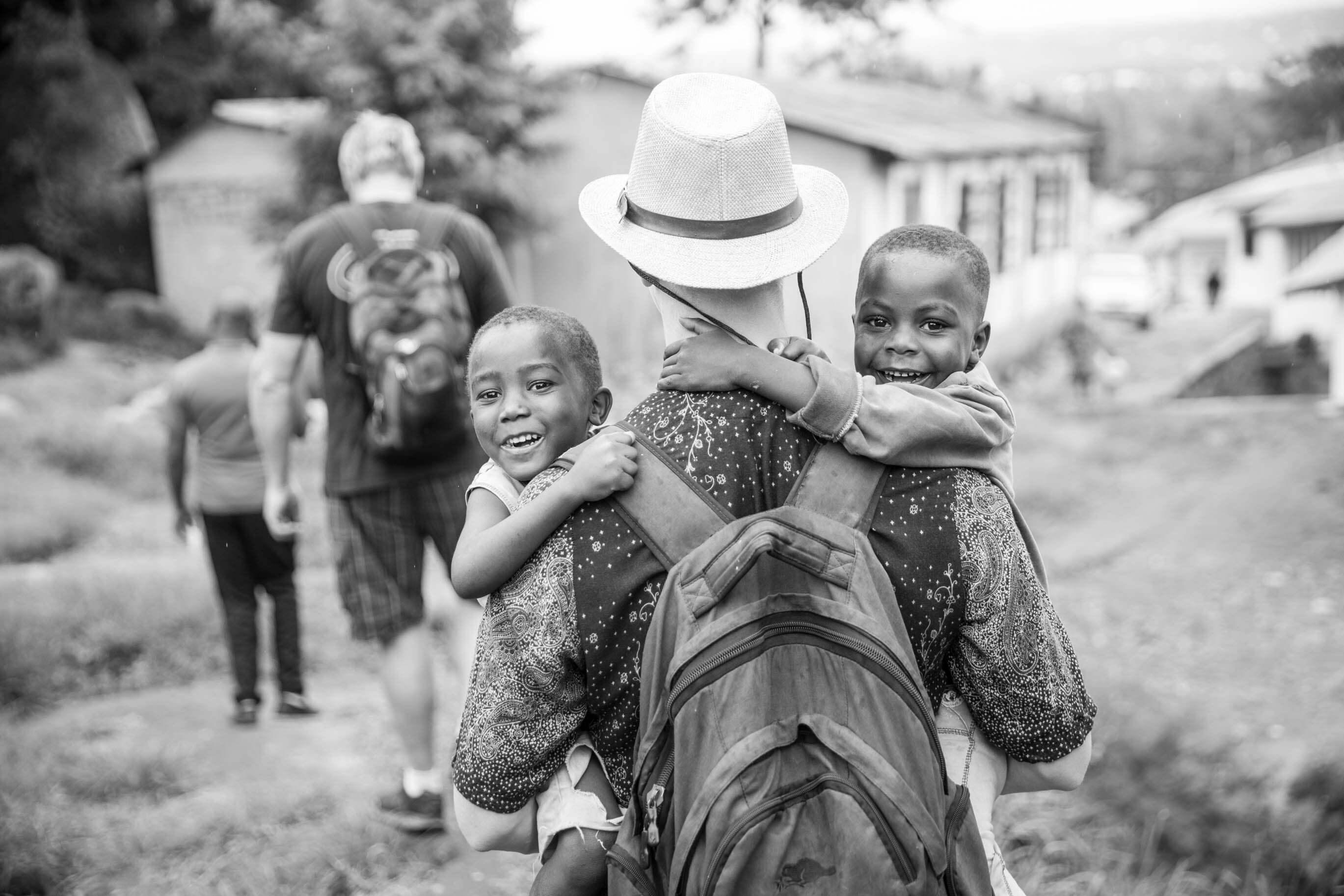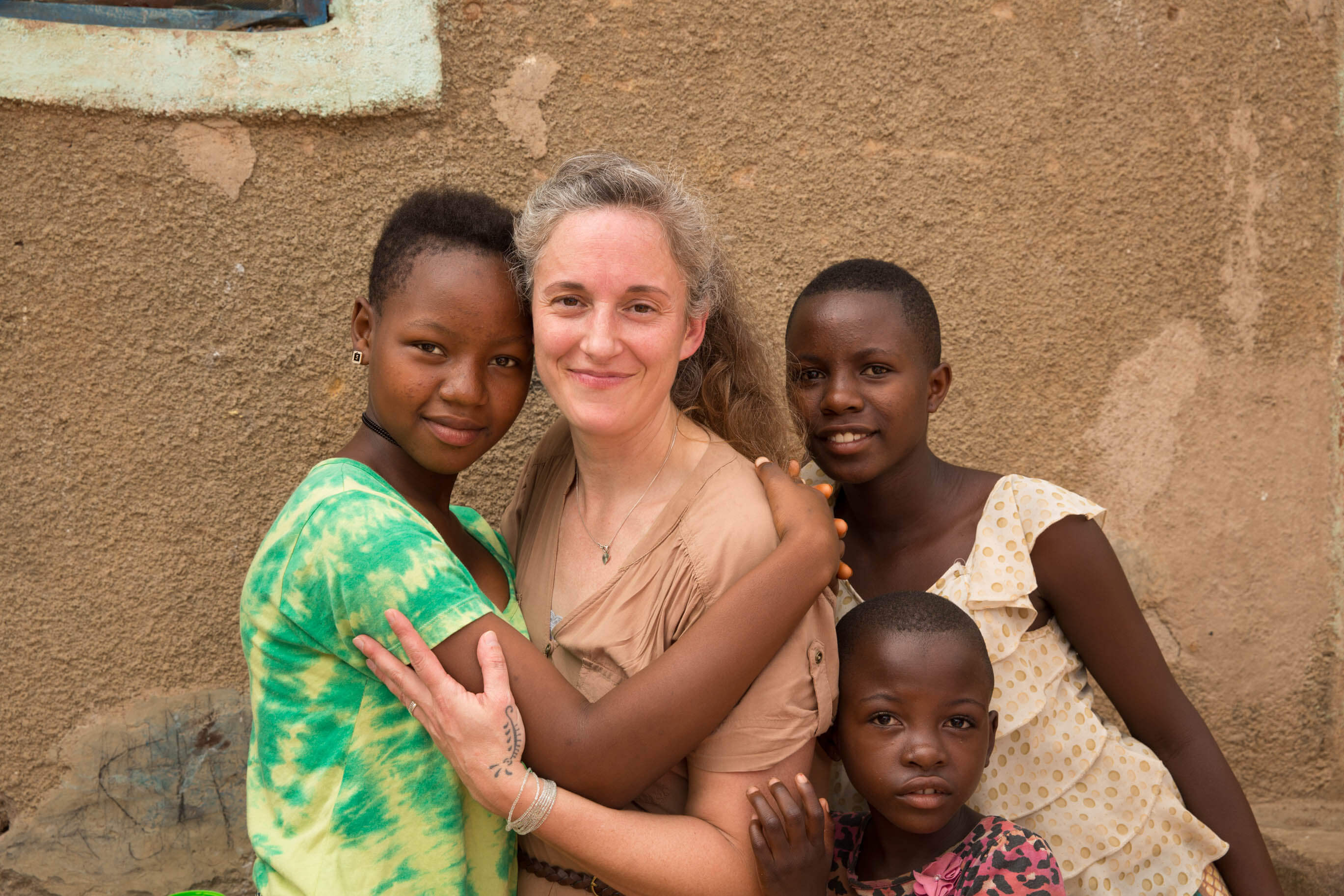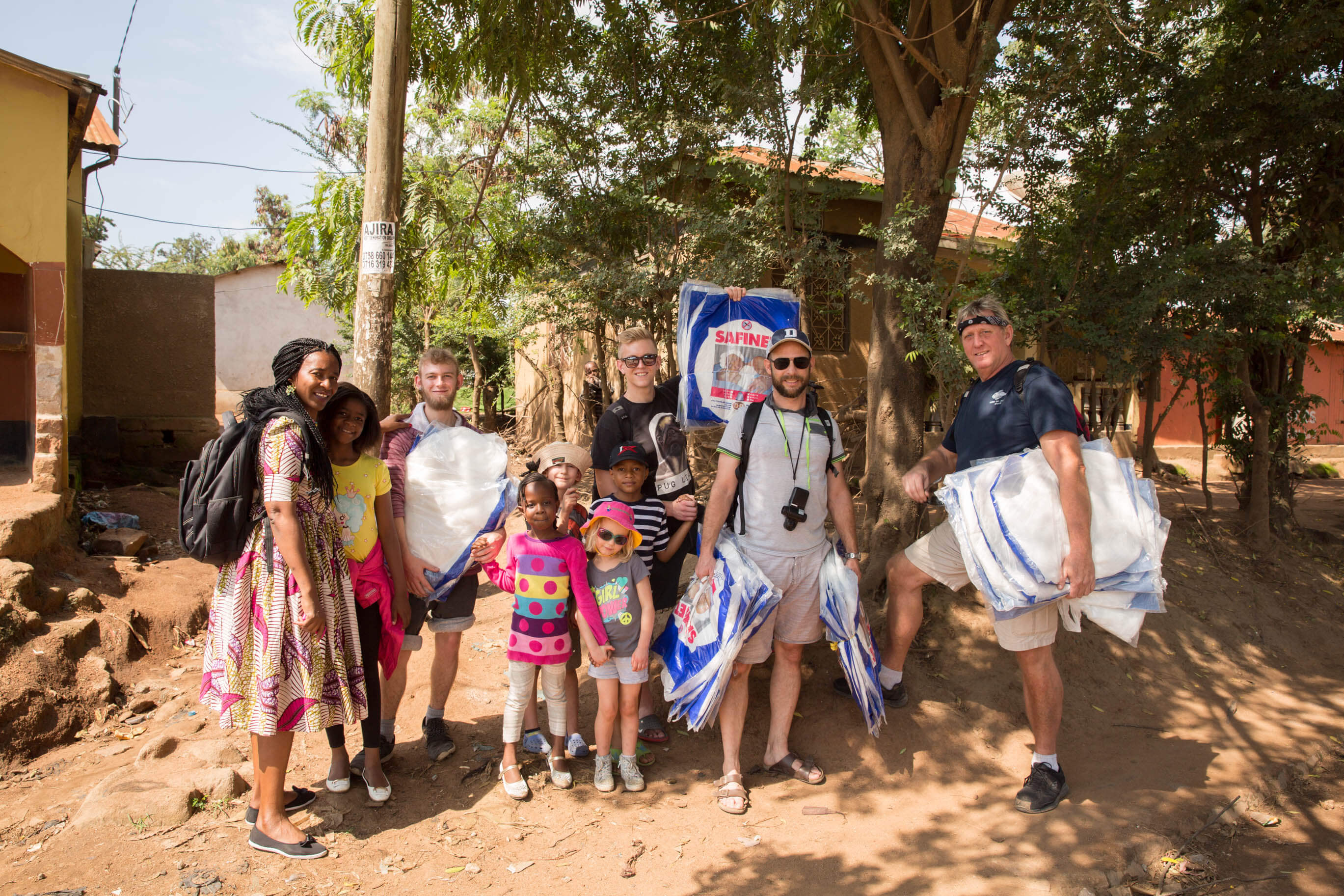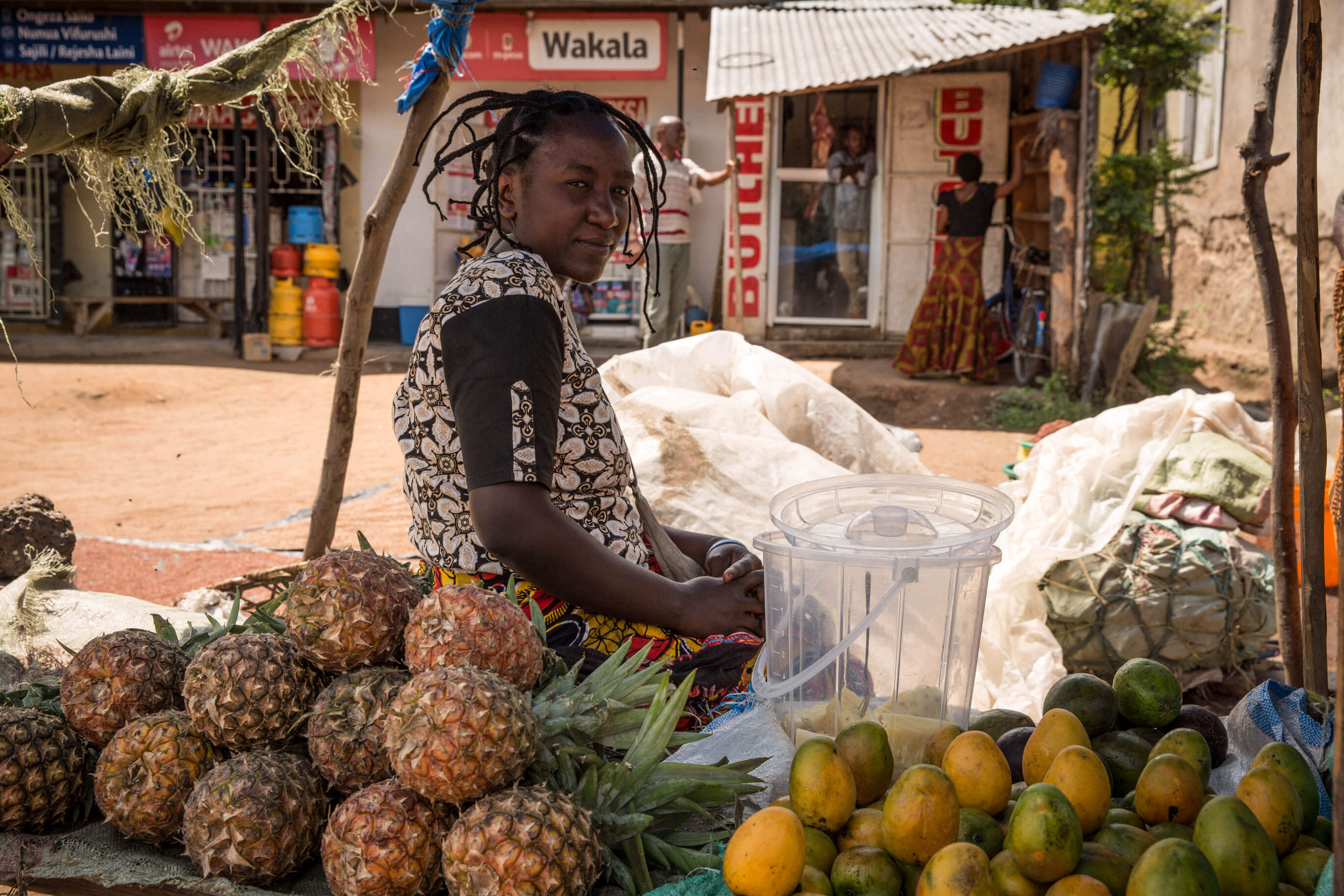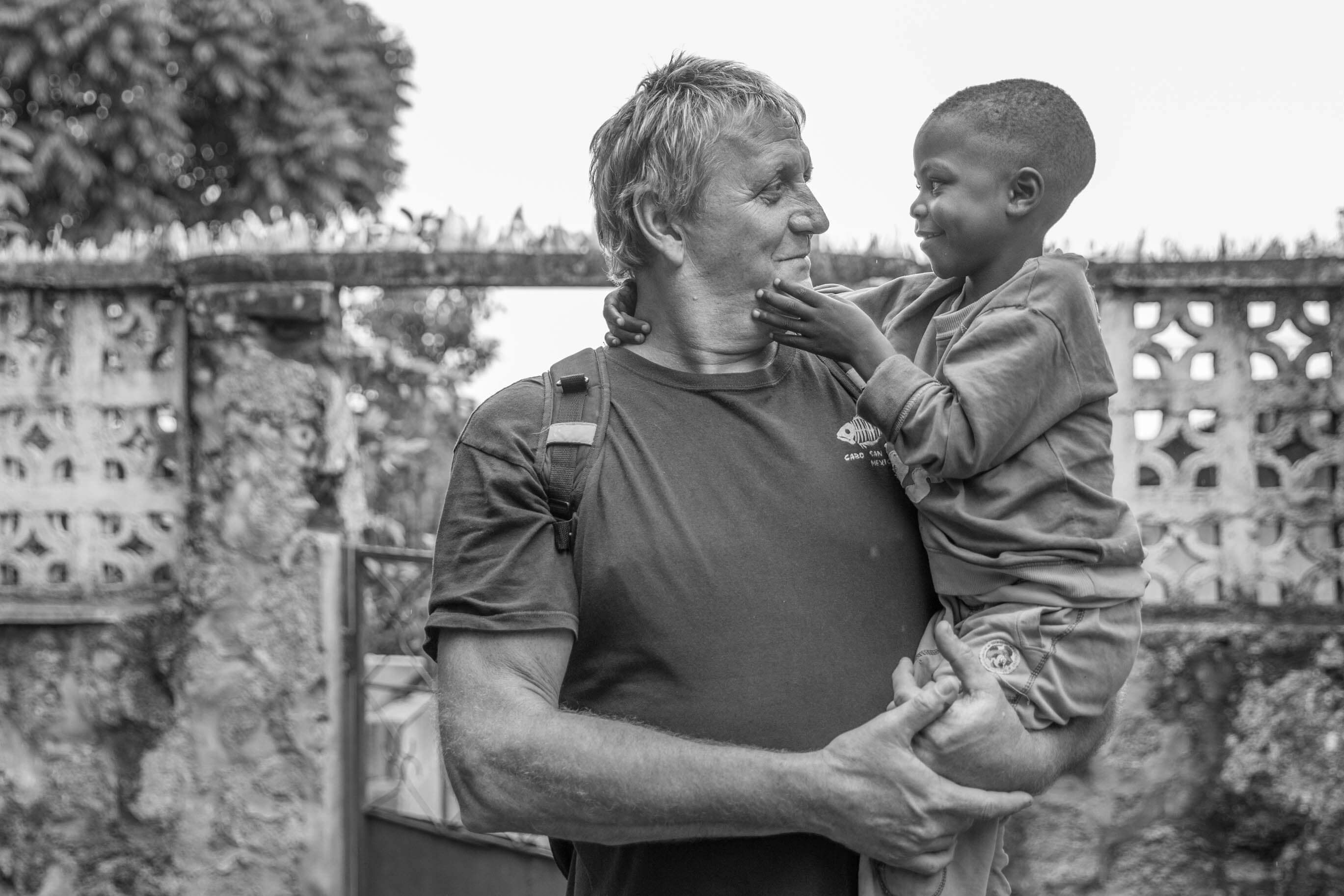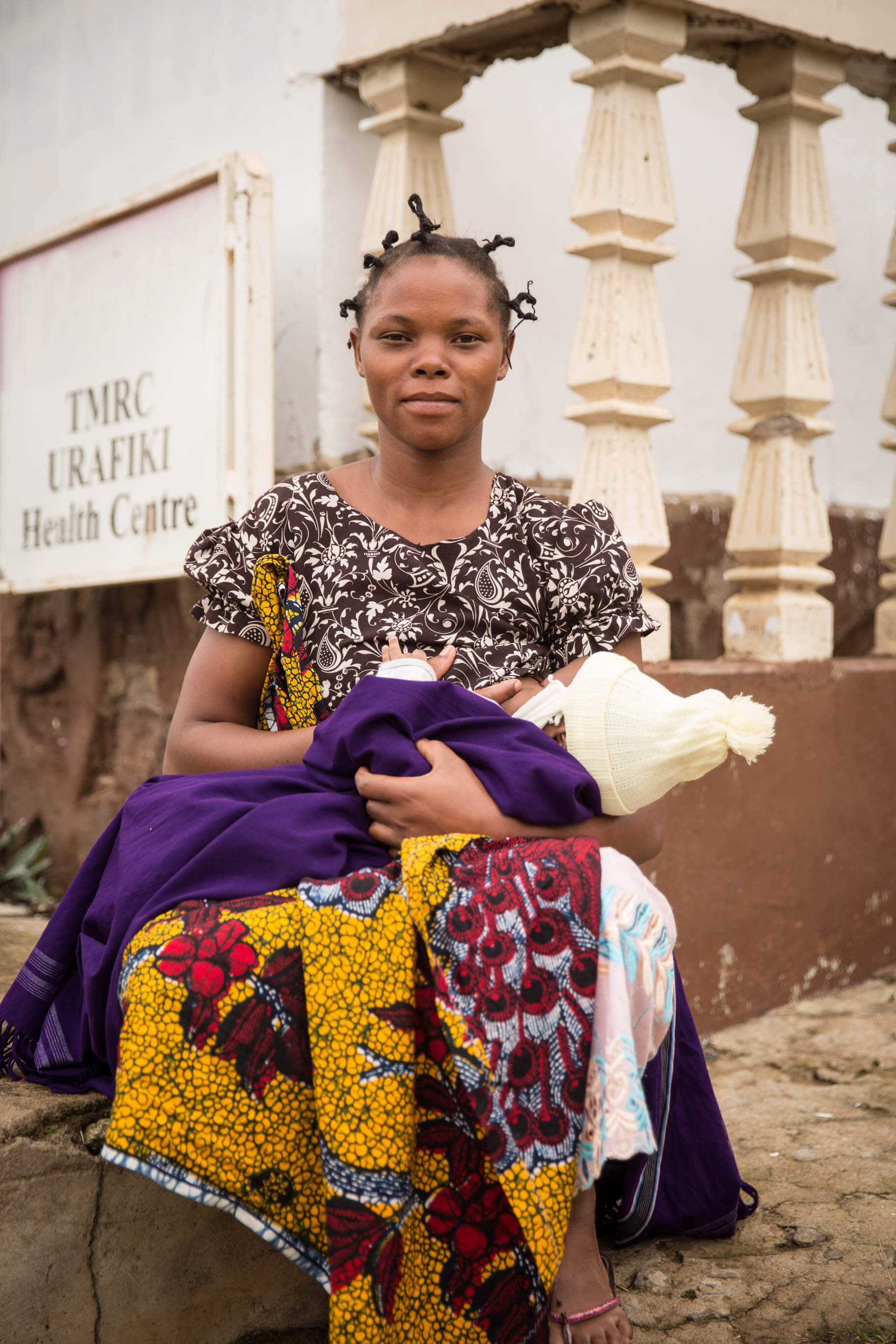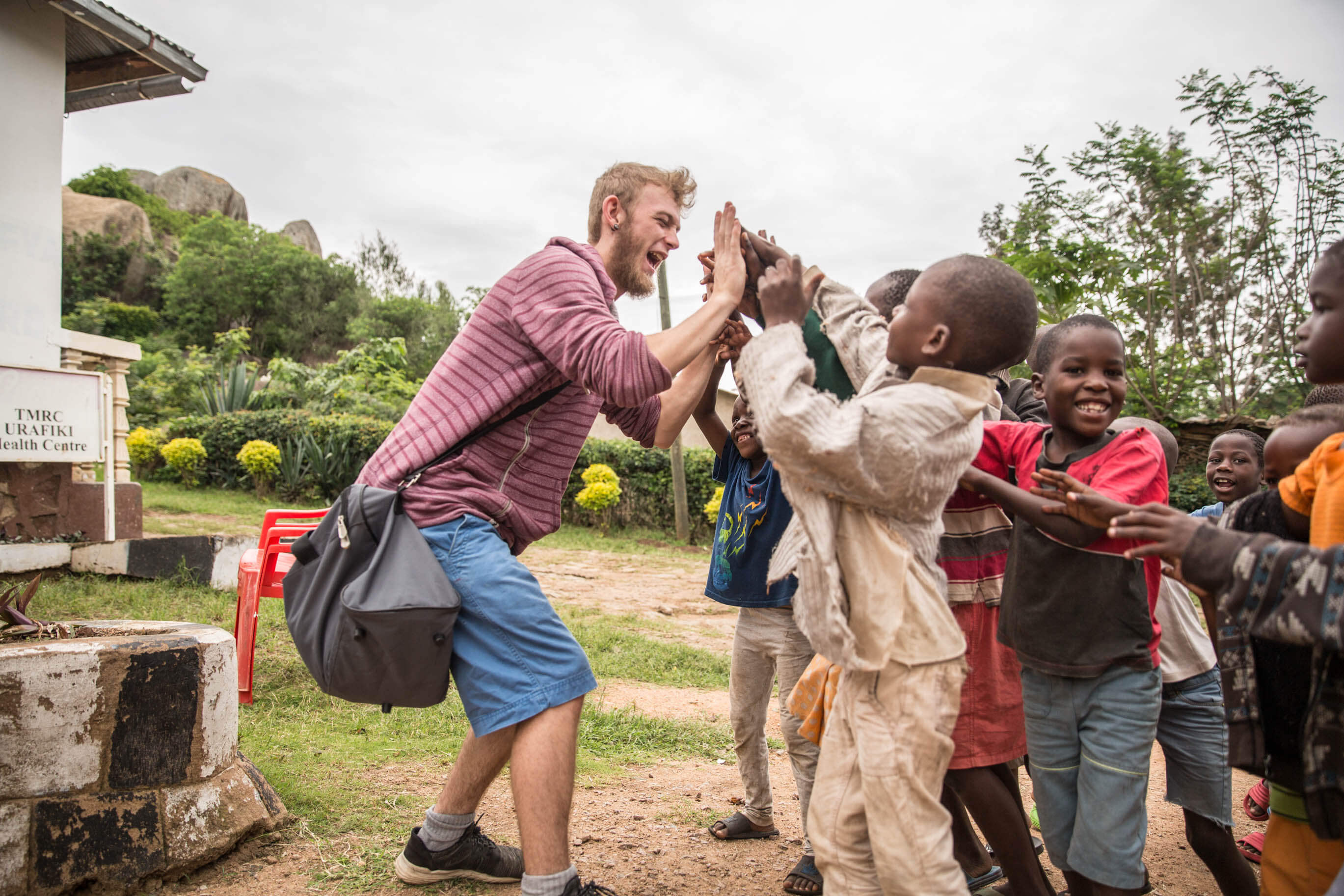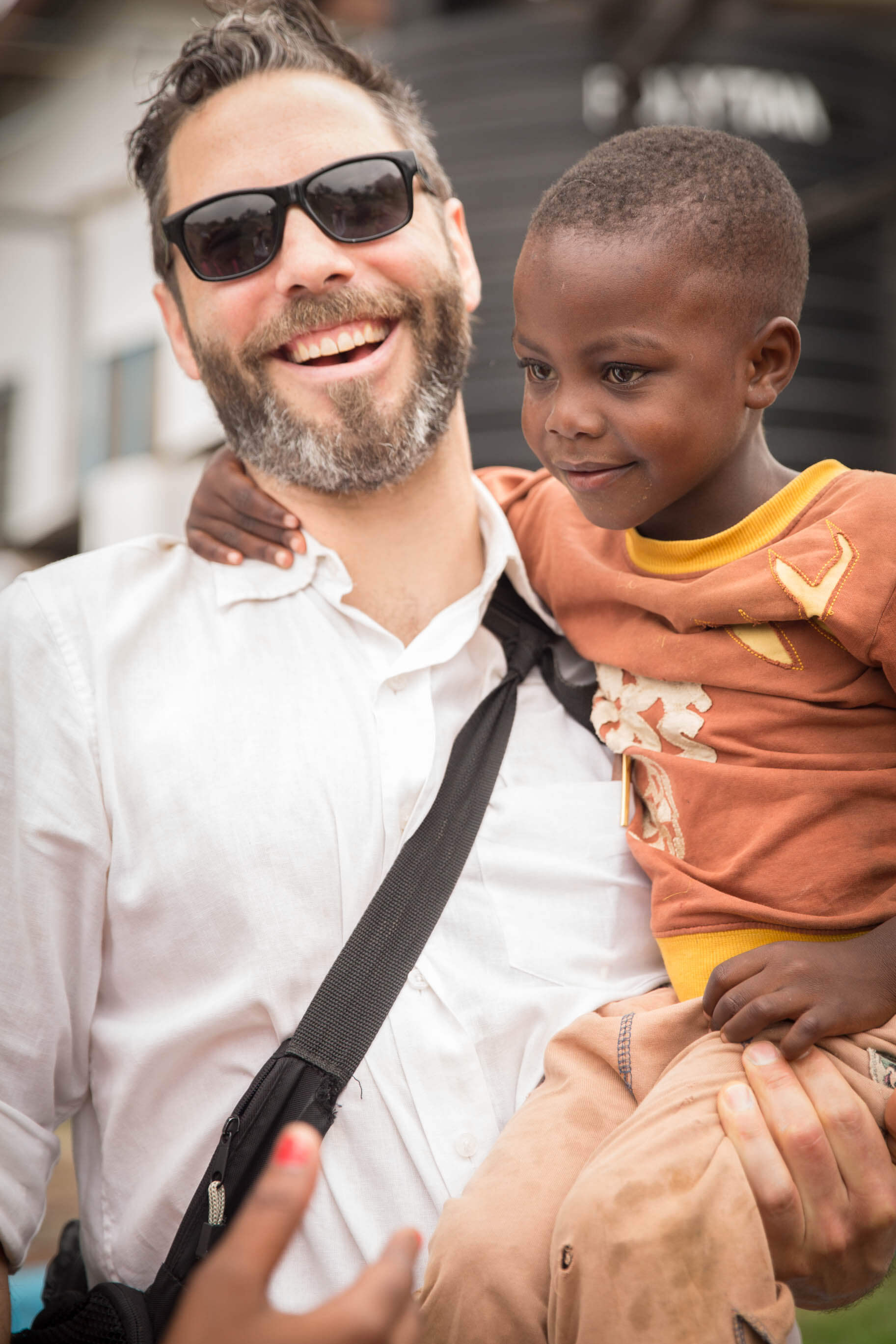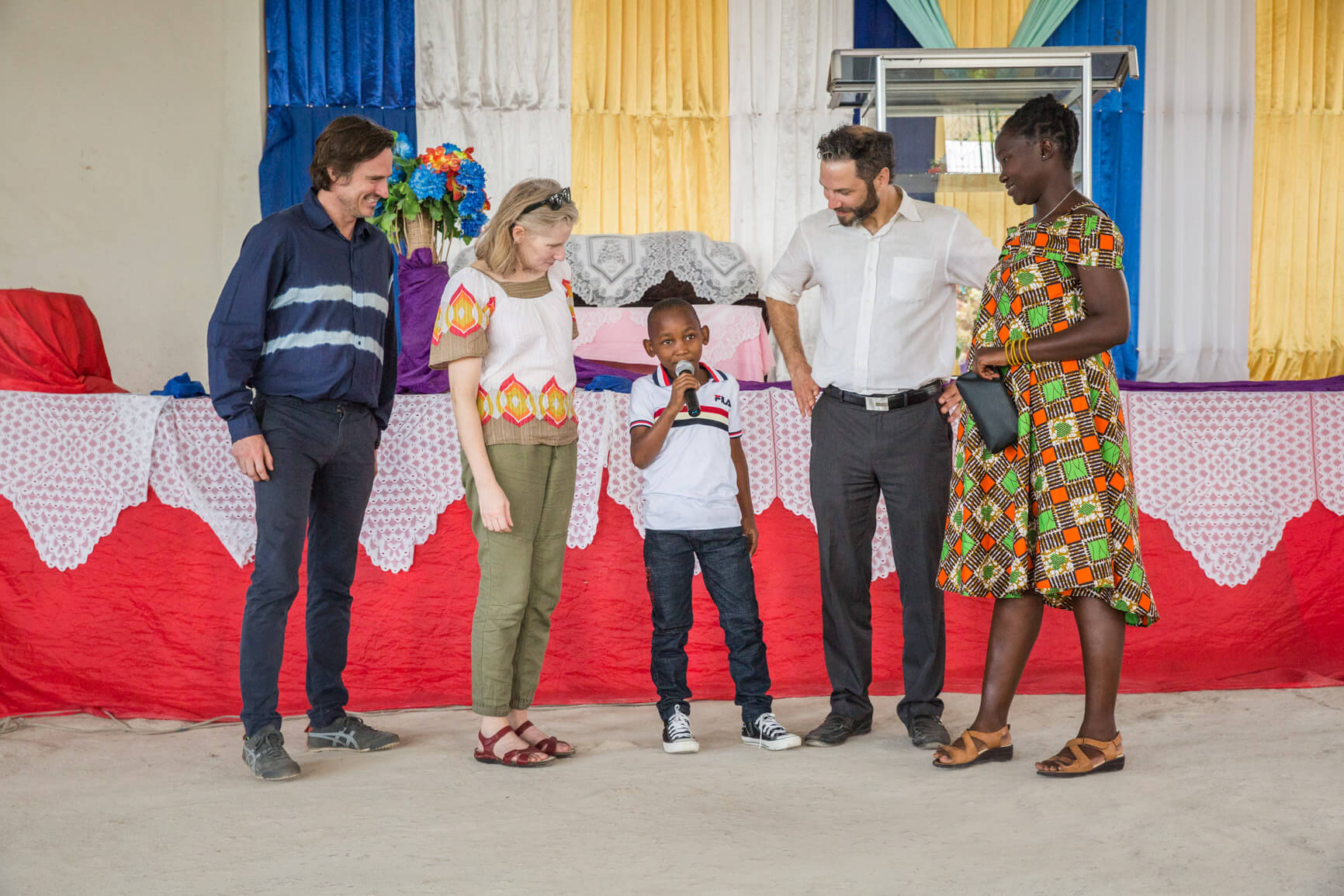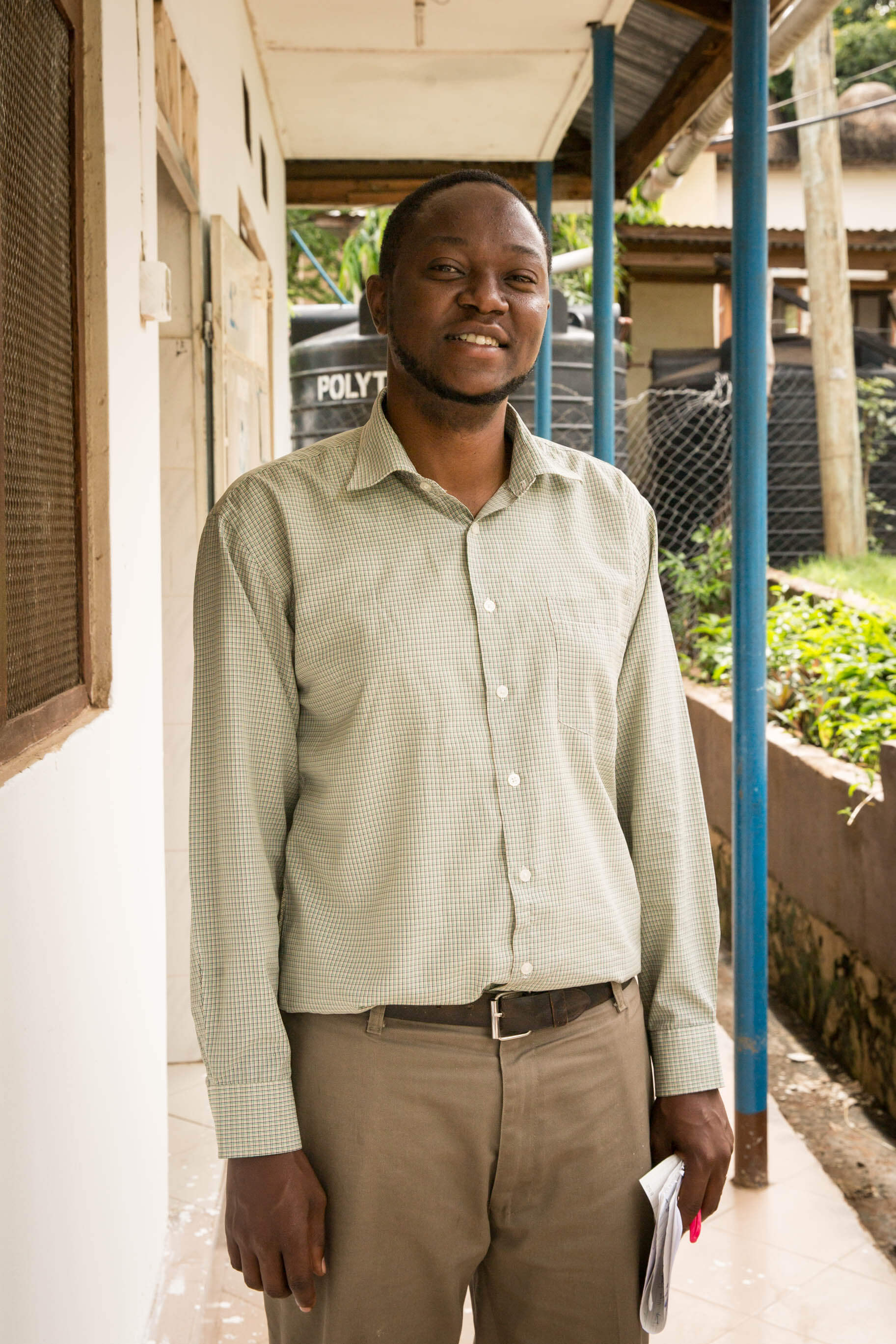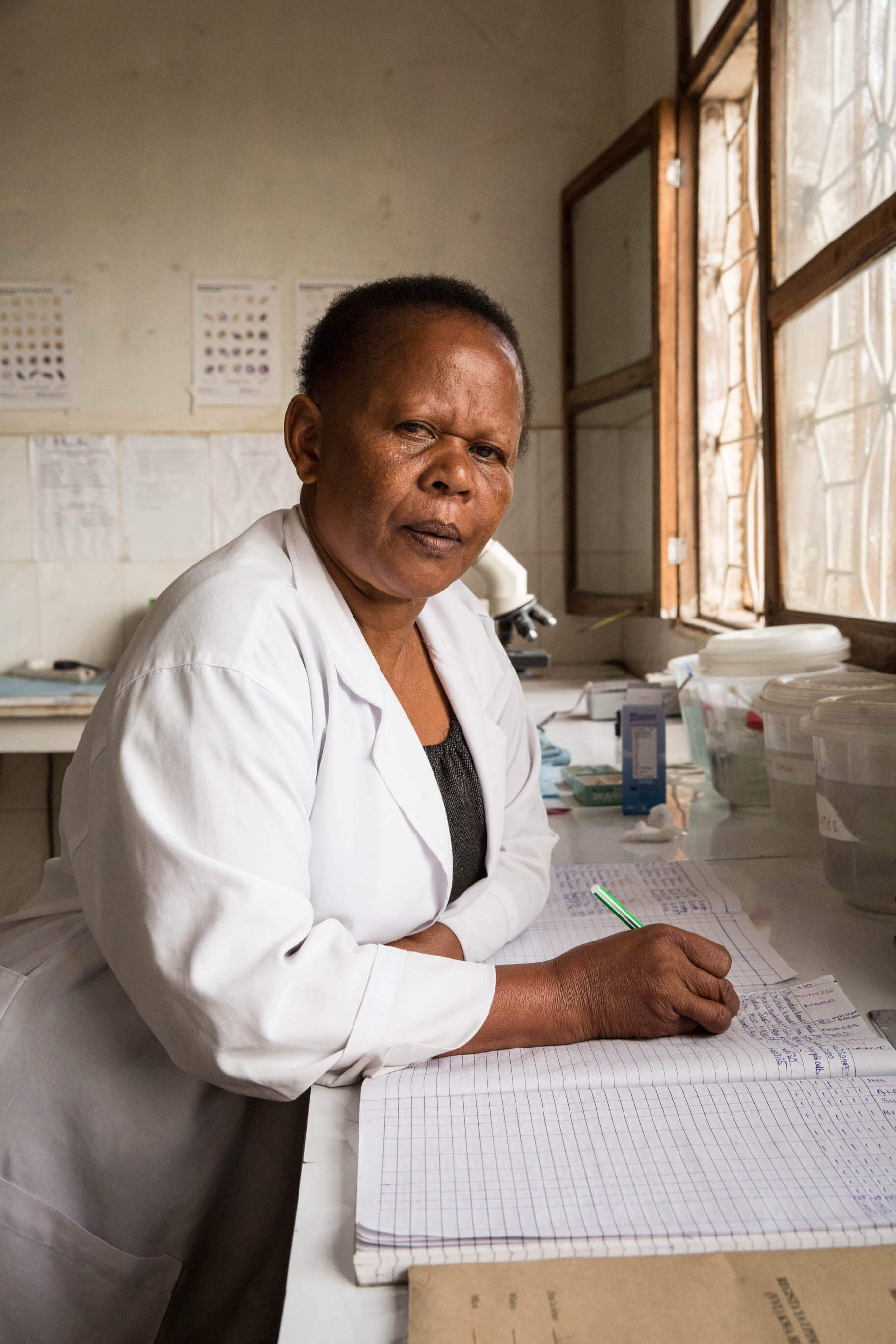SIP works because it’s a true partnership. We make decisions with, and work alongside, Igoma community members to provide help where it’s needed most.
Get to Know Igoma
Igoma is a community located near the city of Mwanza, Tanzania, at the south end of Lake Victoria.
70,000, which is up from 30,000 when we built the Urafiki Health Clinic in 2003
$300 per year (most people survive through subsistence farming)
Approximately 80%
According to the World Health Organization (WHO), malaria is the leading cause of morbidity and mortality in Tanzania, especially affecting children under five years old and pregnant women. HIV/AIDS is another major problem. According to the WHO, Africa is the most affected region in the world, with 25.7 million people living with HIV in 2018. Thousands of children are infected by their HIV-positive mothers during pregnancy, childbirth or breastfeeding.
None
Sporadic electricity
Since Tanzania’s independence in 1956, there have been no significant problems as there are no dominant tribes. Soviet influence in the early years had deterred growth. The current ruling party is considered stable, however, there are some concerns about the leadership ruling in an overly authoritarian manner.
Gallery
We’re pleased to share photos and videos of our Igoma friends, sponsored children and scholarship students, and of recent trips by Stouffville work teams.
